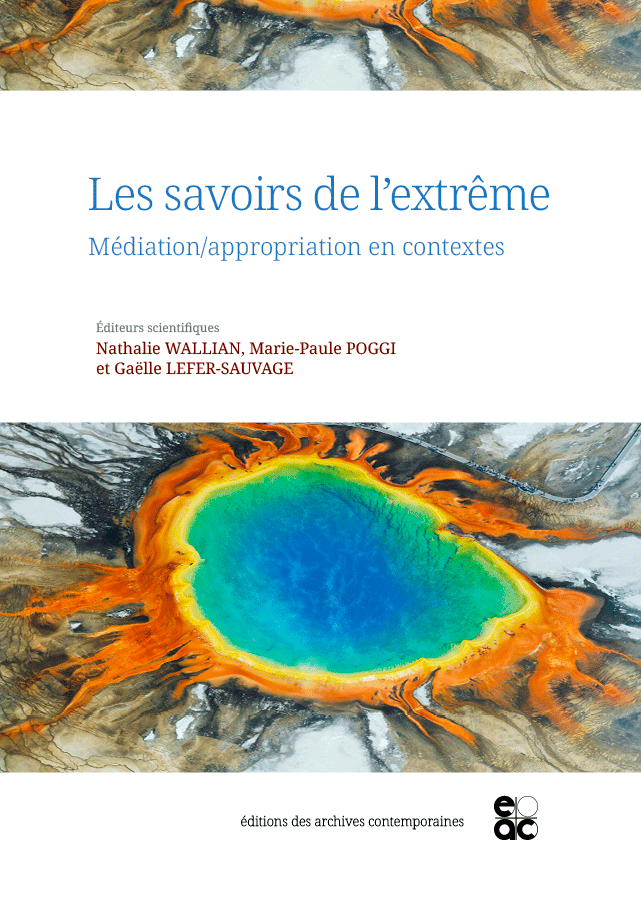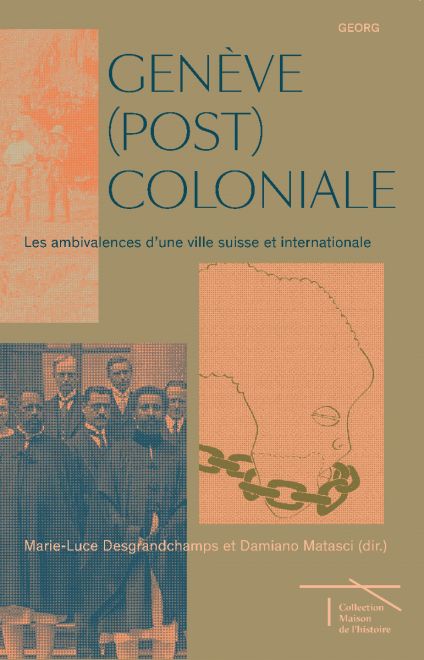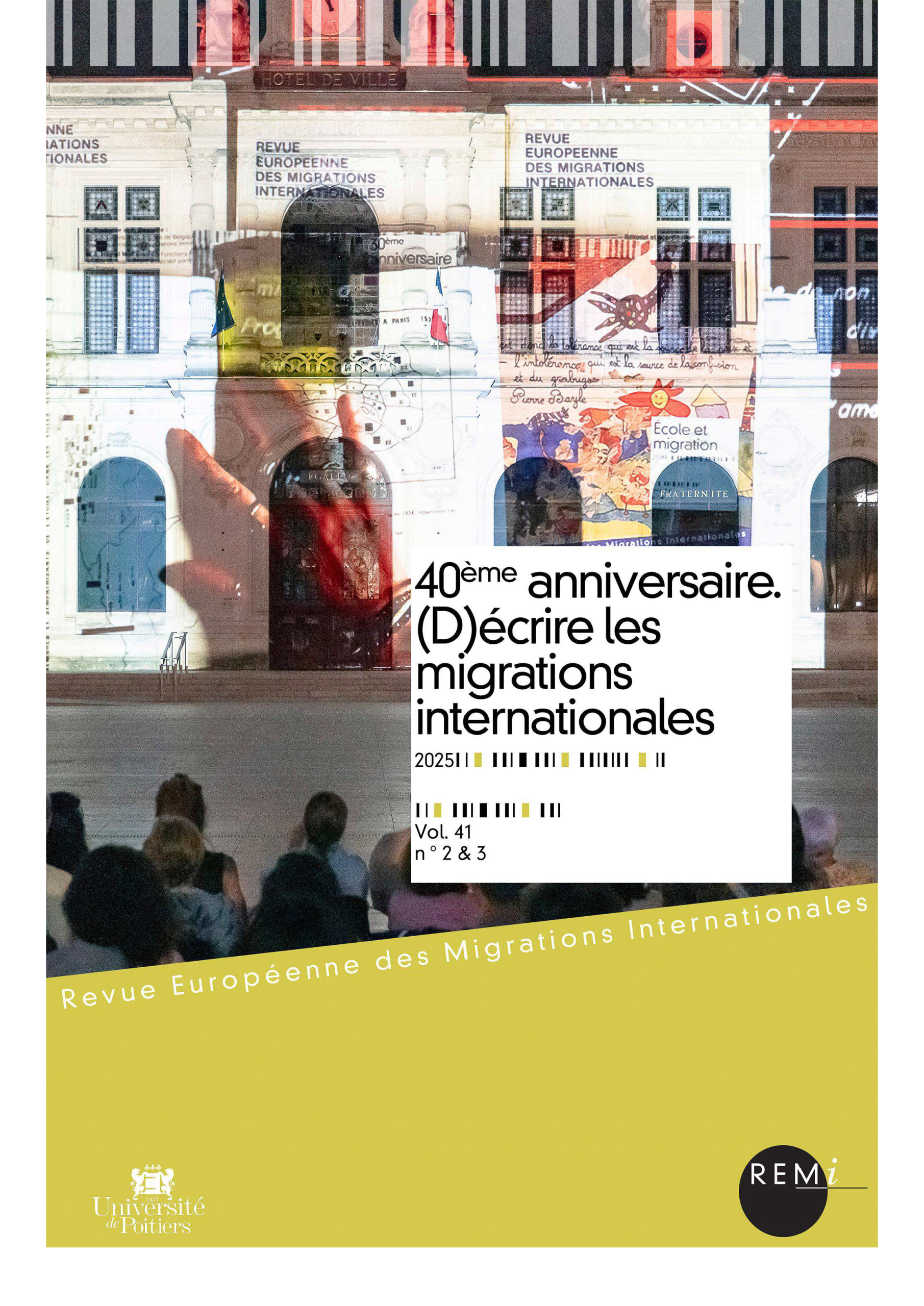Investigating in an extremely depressed family environment. Epistemological and ethical issues in research on the island of Mahoran

From Pierre-Olivier WEISSbook chapter in Les savoirs de l'extrême. Mediation-appropriation in contextsEditions des archives contemporaines, France, 2023, p. 19-40
Conducting a survey in an extreme environment requires a posture that is both epistemologically and theoretically armed, but also forces researchers to distance themselves from the subject. Based on a survey of families living in Mayotte, the particularity of which is that they have a child with a disability and an undocumented status, this chapter aims to discuss the conditions under which it is possible to conduct a survey in a situation of extreme poverty. In addition to the methodological and epistemological difficulties, there are also legal and ethical difficulties, since encounters with any marginalised population require 1) defined conditions for gathering information, 2) the assistance of translators to negotiate a space for dialogue, and 3) the collection of sensitive data in a strange environment. The challenge is to a) question the researcher's position; b) question the tensions and contradictions of his or her practice in an extremophile environment. The aim of this contribution is to provide food for thought on the scientific, ethical and societal aspects of the profession of embedded researcher who, in this environment, must - or risks becoming - extremotolerant in order to bear witness to the extreme. An initial model is then envisaged.
Available at in open access
Share on
Read also


